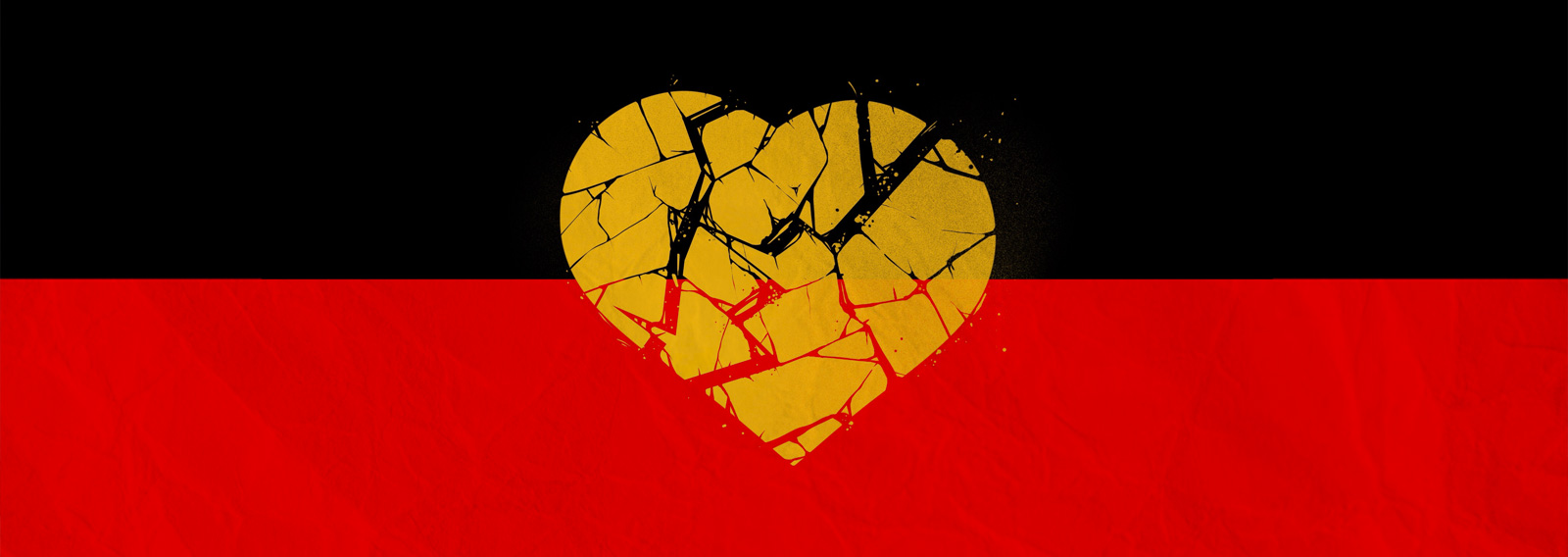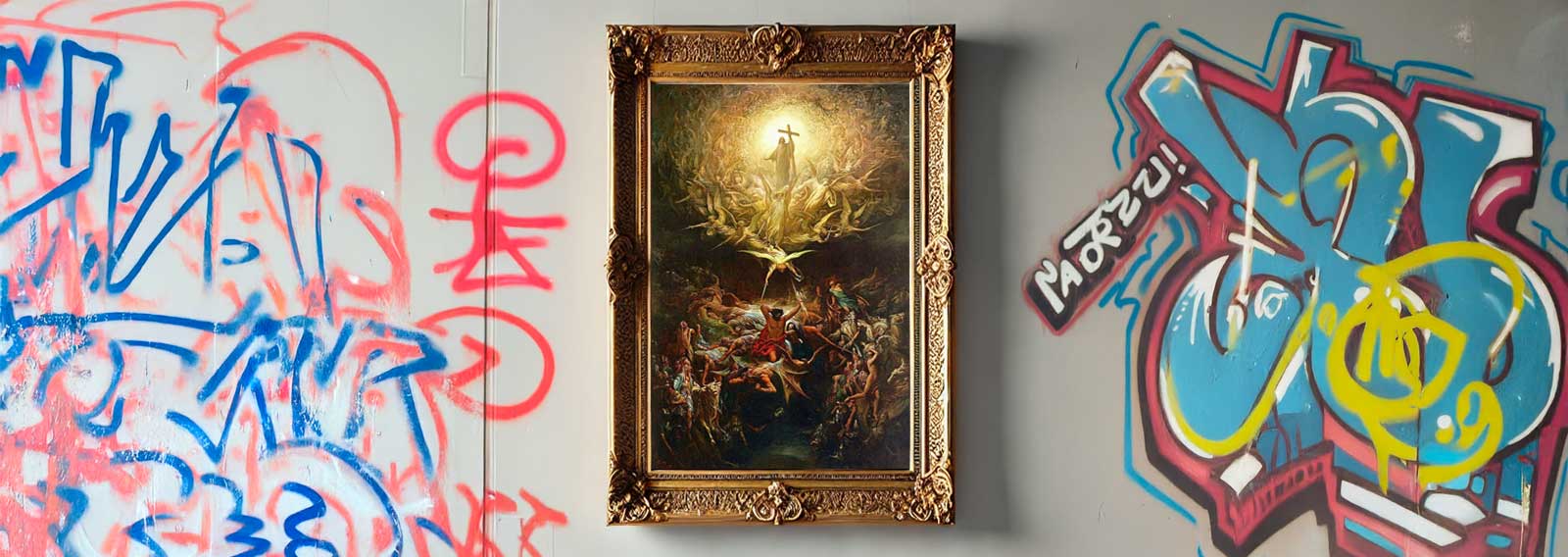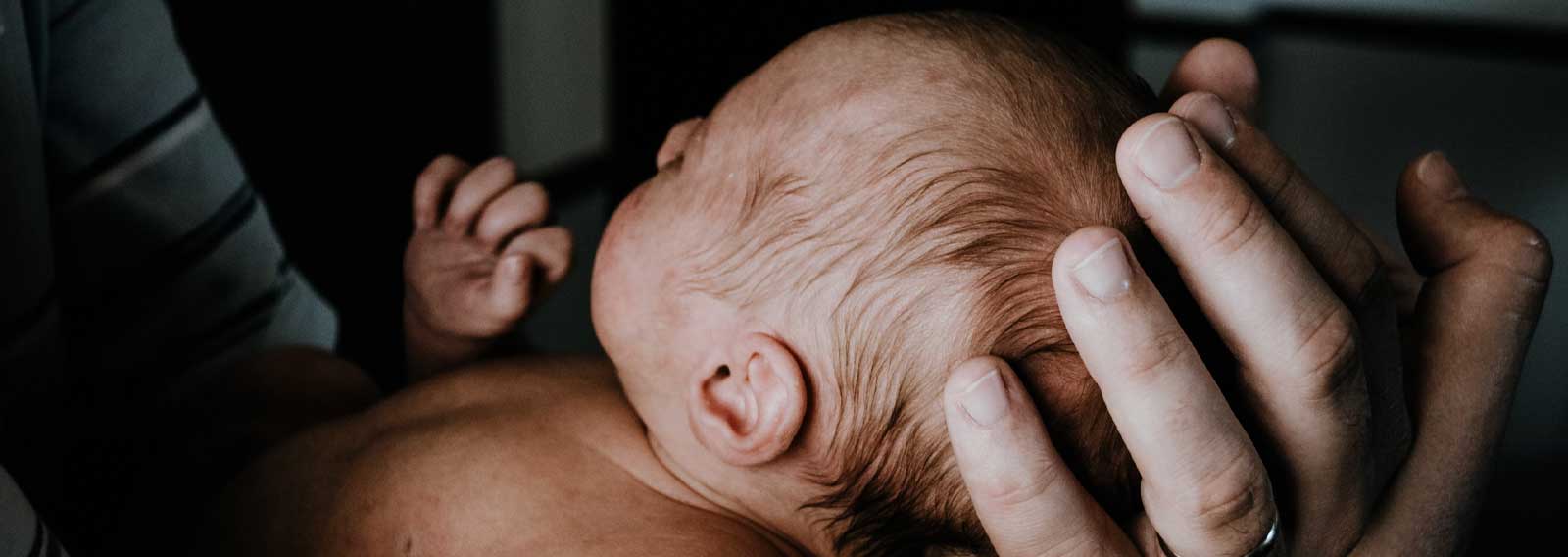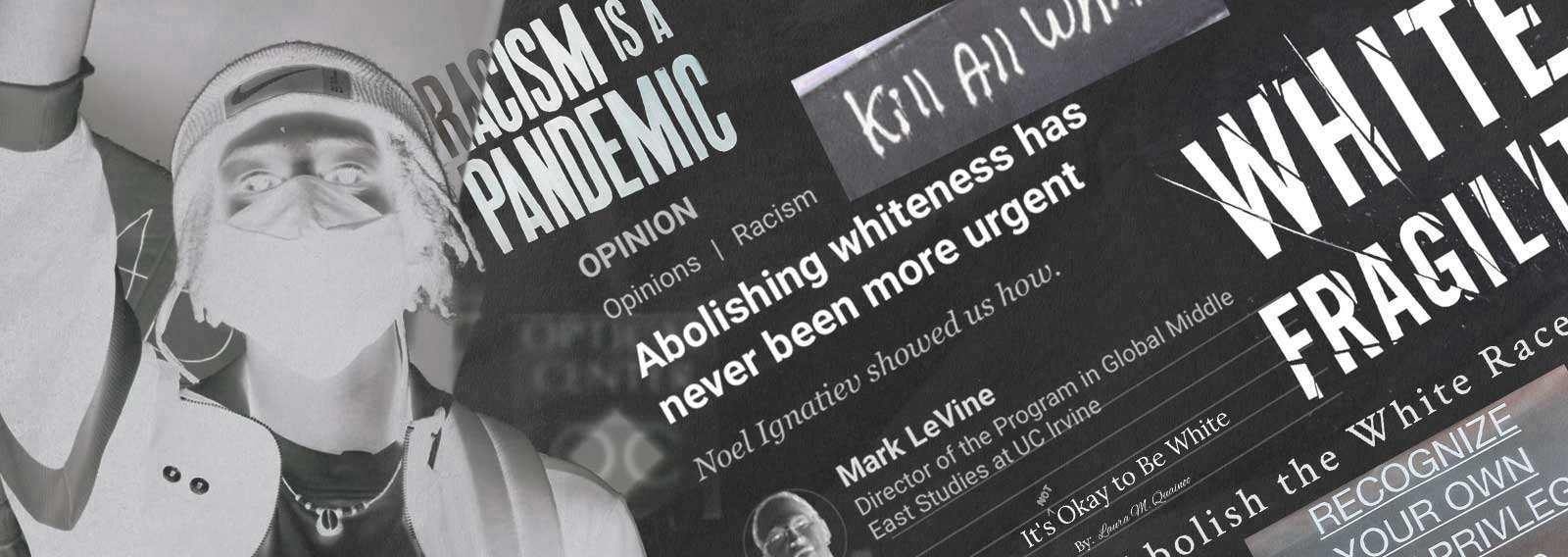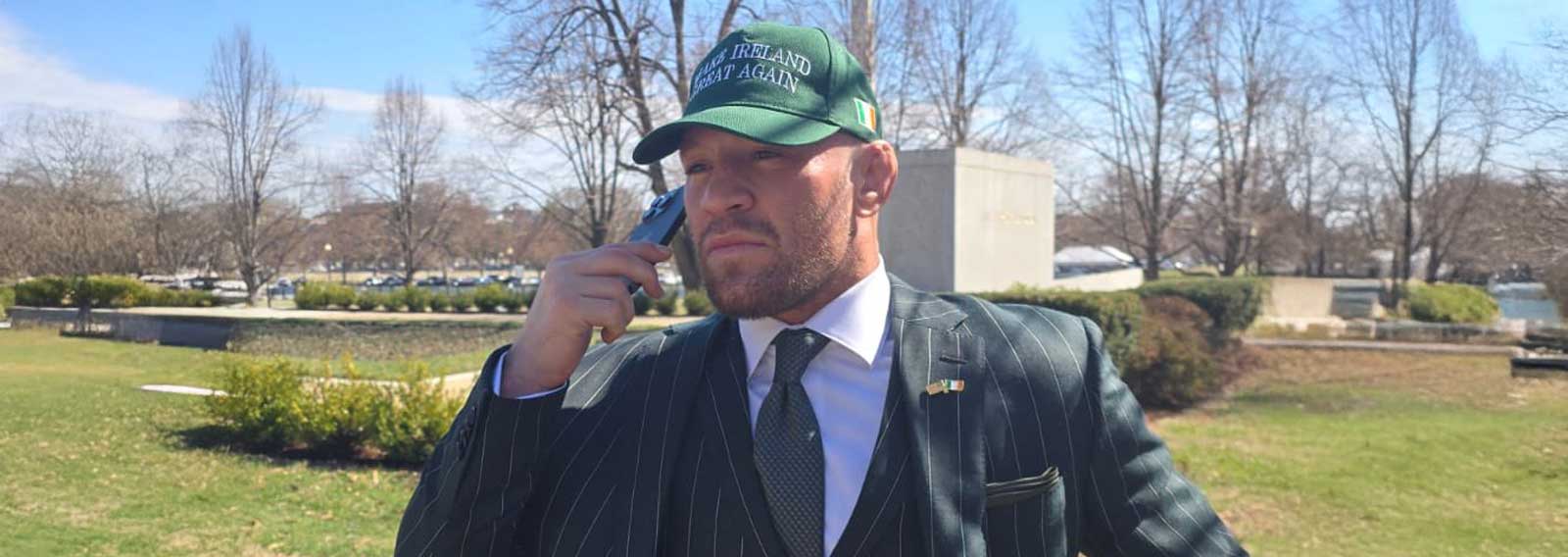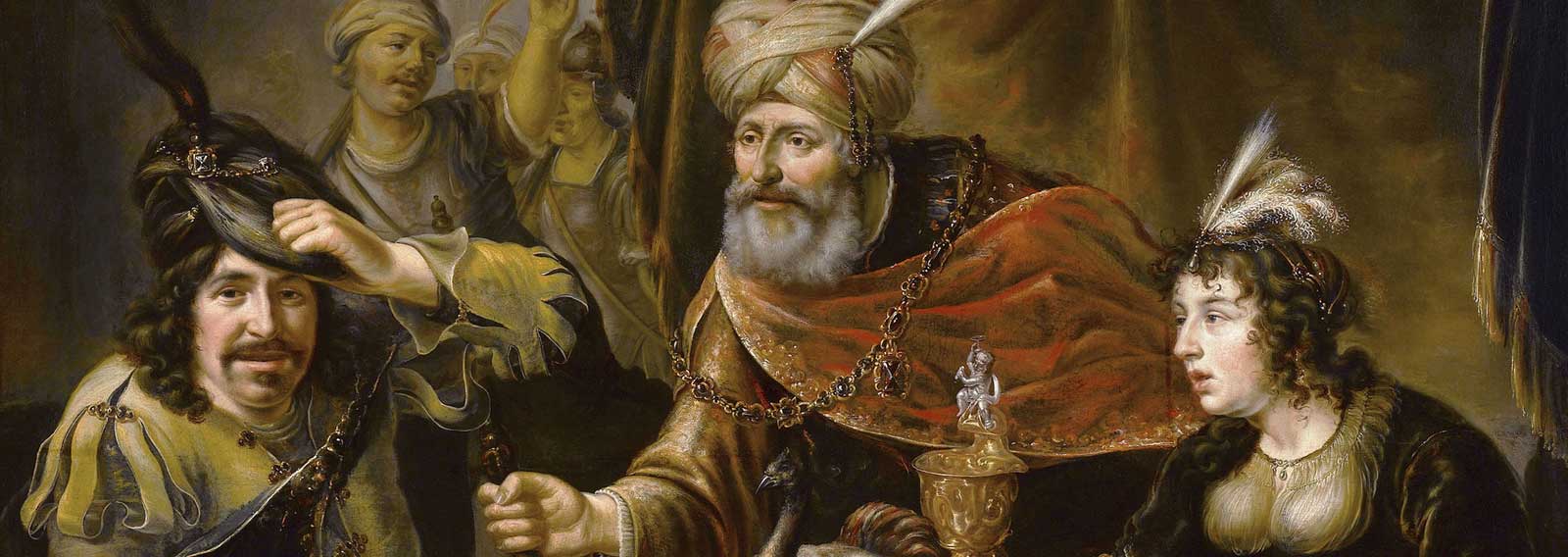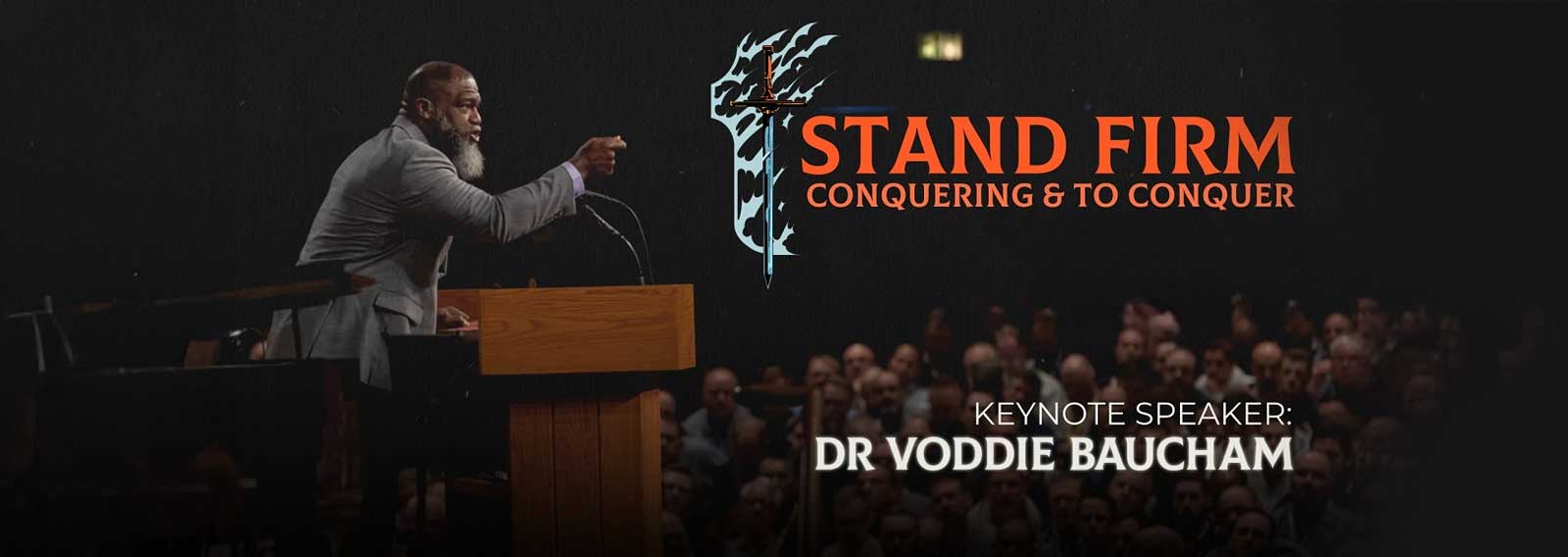Not so long ago, it used to be that the ultimate cultural put down was to label someone as being ‘un-Australian’. But at least amongst political parties such as the Greens, this is now being viewed as a virtue. Just take the recent comments by Greens Senator, Lidia Thorpe, who has labelled Queen Elizabeth II as a “colonizer”.
When asked to clarify how she can hold this position as an elected representative of the Australian people, Thorpe is reported to have said that she was only in parliament to ‘infiltrate’ the ‘colonial project’ and so destroy it from within. Significantly, fellow indigenous woman, Senator Jacinta Price, has called on the Governor General to consider whether Thorpe should be removed from parliament.
Clearly, even the idea of ‘colonization’ is no longer in vogue and is seen as being deeply offensive. Which is also why in 2017, when Bruce Gilley—a professor of political science at Portland State University—published a double peer-reviewed article, ‘The Case for Colonialism’ in Third World Quarterly, a massive controversy broke out.
Thousands of academics signed two separate petitions insisting that the article be retracted, that the journal issue a public apology, and that the editor(s) responsible for its publication be sacked. Due to credible threats of violence(!) as well as personal and professional attacks against Gilley, the article was subsequently withdrawn both in print and also online. So much for academic freedom and the courageous inquiry for truth, however unpleasant it may be.
Thankfully, the article has since been re-published online by Springer Media, and it makes for fascinating reading. Significantly, Gilley argues that contrary to popular belief, colonization did far more good than harm. As Gilley states:
Research that is careful in conceptualizing and measuring controls, that establishes a feasible counterfactual, that includes multiple dimensions of costs and benefits weighted in some justified way, and that adheres to basic epistemic virtues often finds that at least some, if not many or most, episodes of western colonization were a net benefit, as the literature review by Juan and Pierskalla shows.
What’s more, Gilley then goes on to further argue:
Such works have found evidence for significant social, economic, and political gains under colonialism: expanded education; improved public health; the abolition of slavery; widened employment opportunities; improved administration; the creation of basic infrastructure; female rights; enfranchisement of untouchable or historically excluded communities; fair taxation; access to capital; the generation of historical and cultural knowledge; and national identity formation, to mention just a few dimensions.
What if Colonization in Australia Never Occurred?
Unfortunately, there has been very little to no research on the positive contribution that colonization has made to the Australian context. But now is probably a good time to pause and pose the question, ‘What would our nation be like if colonization never occurred?’ Would it be a utopia of Afrofuturism that so many progressives like Thorpe believe?
I recently came across a statement by Prof Manning Clark who, in the original edition of his classic, A History of Australia (1962), wrote:
Civilisation did not begin in Australia until the last quarter of the eighteenth century…The early inhabitants of the Continent created cultures, but not civilisations.
Somewhat unsurprisingly, subsequent editions have expunged the offending paragraph, which says more about the black armed band politics of Clark’s day, than it does about the accuracy of the historical record.
I then decided to re-read the internationally feted Time Magazine art critic, Robert Hughes’s masterpiece, The Fatal Shore (1986). Hughes received both the Duff Cooper Prize and W. H. Smith Literary Award for this work. What especially struck me were his observations of the Iora people living in the Sydney region at the time. Significantly, Hughes came to the same conclusion as Clark, stating:
Aborigines…lived in a state approaching that of primitive communism…What, in short, was “noble” about these “savages”? The Tahitians could be seen as the last survivors of the classical Golden Age; with their fine canoes and intricate ornaments, strict rankings and plentiful supply of free coconuts, they clearly had superfluity, the paradisiacal ancestor of property, as well as strong class instincts to back it up…The Tahitians might live like prelapsarian beings, illiterate Athenians; compared to them, the Iora were Spartans. They exemplified “hard” primitivism… (14-15)
Hughes’ work is no longer politically correct, and would almost definitely fail the newspeak criteria currently in vogue at many of our leading tertiary institutions, but it nonetheless seeks to provide a factual and unvarnished snapshot of the cultural standards of that time. Indeed, three decades after its publication, The Fatal Shore remains the most influential work of popular Australian history written as well as one of the most widely read.
What follows is a summary of Hughes’ description of aboriginal life at the time of the First Fleet with the pertinent page numbers to the 1987 edition in brackets. Each point illustrates what has been achieved through British colonization.
1. Government
‘The Australians divided themselves into tribes…The tribe did not have a king, or charismatic leaders, or even a formal council. It was linked together by a common religion, by language and by an intricate web of family relationships…’(9)
2. Treatment of Women
‘…the unalterable fact of their tribal life was that women had no rights at all and could choose nothing. A girl was usually given away as soon as she was born. She was the absolute property of her kin until marriage, whereupon she became the equally helpless possession of her husband. Before and after [marriage], she was merely a root-grubbing, shell-gathering chattel, whose social assets were wiry arms, prehensile toes and a vagina…
As a mark of hospitality, wives were lent to visitors whom the Iora tribesmen wanted to honour…. If a woman showed the least reluctance to be used for any of these purposes, if she seemed lazy or gave her lord and master any other cause for dissatisfaction, she would be furiously beaten or even speared.’ (16)
3. Written Language
‘…it had no writing, but instead a complex structure of spoken and sung myth whose arcana were gradually passed on by elders to the younger men.’ (9)
4. Architecture
‘They were far more backward than any Bedouin or Plains Indian. They used what they could find: the sandstone caves of the harbour shores, with sheets of bark propped up to for crude “humpies.” (13)
5. Agriculture
‘…that the Iora had no conception of agriculture. They neither sowed nor reaped; they appear to have wrought no changes on the face of the country. They were seen as culturally stative primitives lightly wandering in an ecologically static landscape, which seemed to eliminate any claims they might have had to prior ownership.’ (12)
6. Technology
‘Compared to an American Indian birch canoe, they were unstable craft and wretchedly crude, “by far the worst canoes I ever saw or heard of…They had neither outriggers nor sails (the Iora were ignorant of weaving); low in the water, they flexed with every ripple and leaked like sieves.’ (11)
7. Literature & Religion
‘…they had few of the external signs of religious belief: no temples or altars or priests, no venerated images set up in public places, no evidence of sacrifice or (apart from the corroborees) of communal prayer.’ (17)
8. Education & Art
‘…they scratched crude patterns on the walls that may be the first works of art ever made in the southern hemisphere – the merest graffiti, compared to the later achievements of aboriginal rock-painting, but clear evidence of some primal artistic intent.’ (9)
9. Health Care
‘Since the Iora never washed, they spent their lives coated with a mixture of rancid fish oil, animal grease, ochre, beach sand, dust and sweat. They were filthy and funky in the extreme.’ (14)
10. Military
‘Skirmishing with other clans, or with foreign tribes along the frontier between tribal territories, was an inevitable fact of nomadic life…They had no “specialist” army. They recognized no distinction between fighters and civilians, or between hunter and warrior.’ (15)
11. Currency
No property, no money or any other visible medium of exchange; no surplus or means of storing it, hence not even the barest rudiment of the idea of capital; no outside trade, no farming, no domestic animals except half-wild camp dingoes; no houses, clothes, pottery or metal; no division between leisure and labour, only a ceaseless grubbing and chasing for subsistence foods.’ (14)
12. Acts of ‘Compassion’
‘To get rid of surplus children, the Iora, like all other Australian tribes, routinely induced abortions by giving the pregnant women herbal medicines or, when these failed, by thumping their bellies. If these measures failed, they killed the unwanted child at birth. Deformed children were smothered or strangled. If a mother died in childbirth, or while nursing a child in arms, the infant would be burned with her after the father crushed its head with a large stone.’ (17)
The Greatest Blessing of All
Reviewing each of these twelve categories shows just how far as a civilisation and culture all of Australia has come. And the fact that people like Lidia Thorpe and Jacinta Price can be elected to federal parliament illustrates that there is no program of systemic racism occurring here.
But, without question, the greatest blessing of all to indigenous Australians has been the preaching of the Gospel. According to the 2016 survey compiled by the Australian Bureau of Statistics:
The 2016 Census showed that there were broad similarities in the religious affiliation of Australia’s Aboriginal and Torres Strait Islander population and the non-Indigenous population. Overall, 54% of Aboriginal and Torres Strait Islander peoples reported a Christian affiliation, almost the same proportion as the non-Indigenous population (55%).
In 2016, less than 2% of the Aboriginal and Torres Strait Islander population reported adherence to Australian Aboriginal Traditional religions or beliefs. This has remained steady over the last 20 years.
Significantly, this means that a staggering 98% of indigenous Australians have abandoned their traditional religious beliefs, with the overwhelming majority still identifying with Christianity (and historically this figure was even higher).
As any Christian would affirm, the greatest blessing of all is to receive the good news of salvation. For there is no other name under heaven given to men by whom we must be saved (see Acts 4:12; John 14:6). And if colonization never occurred in Australia then neither would the spread of Christianity. But, once again, this has to be the greatest blessing of all.


